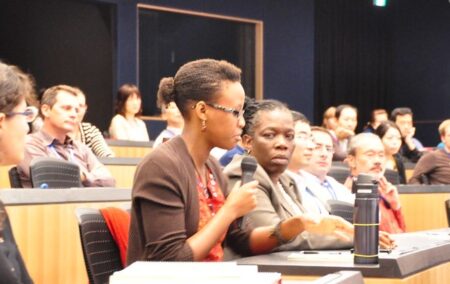Parliament’s portfolio committee on higher education, science and innovation rounded on the National Skills Fund (NSF) – intended to support priority infrastructure projects, and finance scholarships and bursaries – for its failure to meet one third of its performance targets.
Chairperson of the portfolio committee Mohlopi Mapulane said he was concerned about the NSF’s regression from an unqualified audit with findings in 2017/2018 to a qualified audit in 2018/2019, considering the resources it managed.
The Fund is meant to provide finance to support projects identified as priorities in the National Skills Development Strategy. It helps to finance infrastructure, and provides scholarships and bursaries to students at higher education institutions.
The total revenue for the 2018/2019 financial year was R4bn, but the NSF reported a net surplus of R1.5bn for the year. The NSF told MPs that the large surplus was due to underspending on infrastructure projects at Technical and Vocational Education Training (TVET) colleges.
The slow spending in 2018/2019 comes hard on the heels of the NSF having to axe artisan projects the year before, after it was forced to help the government finance its no-fee policy for poor students at tertiary education institutions for 2016 and 2017 from its accumulated surpluses.
This is an indication of the damage wrought by former president Jacob Zuma through his ‘parting shot’ of granting fee-free tertiary education just before the African National Congress’s elective congress in 2017. Zuma ignored the findings of the very commission he had established to consider the viability of free education.
The IRR points out that, like every poor government decision, this one has proved to have negative ramifications for other priorities.

